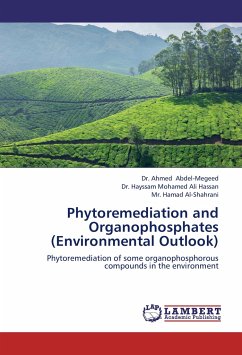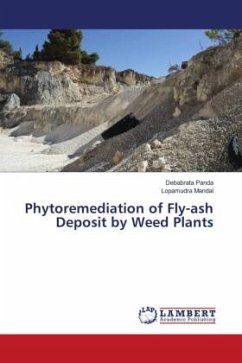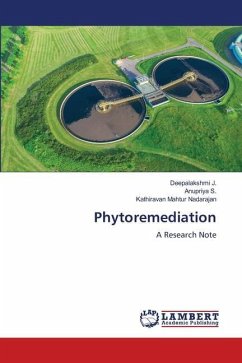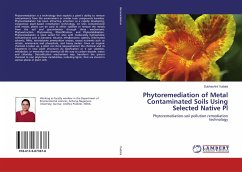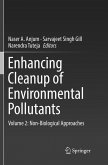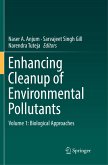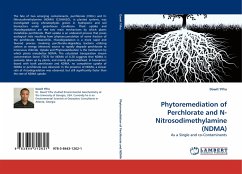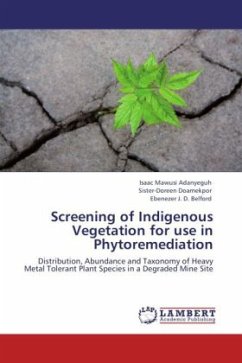The extensive applications of organophosphorous herbicides are nowadays integral part of modern agrotechnical methods due to their advantages for weeds control. Herbicides may negatively or positively interact with soil microorganisms and consequently reduce or increase their beneficial effects on soil fertility. The effect of herbicides on soil microorganisms varies with chemical composition and the susceptibility of different microorganisms. The observed increased biodegradation of pesticides after repeated application is due to the selection of pesticide degrading microorganisms. Phytoremediation is an eco-friendly approach for remediation of contaminated soil and water using plants. This technology is comprised of two components, one by the root colonizing microbes and the other by plants themselves, which degrade the toxic compounds to further non-toxic metabolites. This book will deal with the plant, microbe and pesticides interaction to take advantage of the unique and selective way to be nearer to have natural way to a cleaner environment.
Bitte wählen Sie Ihr Anliegen aus.
Rechnungen
Retourenschein anfordern
Bestellstatus
Storno

